Nội Dung Chính
(Page 130)
II. LANGUAGE
Pronunciation
Intonation in questions (revision)
💡Remember!
| Question types | Intonation patterns |
| Yes/No questions |  |
| Wh-questions |  (falling, at the end of the sentence) (falling, at the end of the sentence) |
| Choice questions |  (rising on each choice before the word 'or'); (rising on each choice before the word 'or');  (falling, at the end of the sentence) (falling, at the end of the sentence) |
| Question tags |  (falling on the question tag, when (falling on the question tag, whenalmost sure of the answer);  |
1. Listen and repeat. Pay attention to the intonation of the following questions. 🎧
1. It's easy, isn't it? 
2. What are you working on? 
3. Are all club members your age? 
4. But why do you have to type it? 
5. Are you interested in joining the next meeting? 
2. Mark the intonation in the following questions using  (rising intonation) or
(rising intonation) or  (falling intonation). Then listen and check. Practise saying them in pairs.
(falling intonation). Then listen and check. Practise saying them in pairs.
1. What does lifelong learning mean?
2. Do you have to pay for this online course?
3. Do students prefer online courses or face-to-face classes?
4. This is your book, isn't it? I saw your signature on the first page.
Vocabulary
Lifelong learning journey
1. Match the parts of the words to make words and phrases that mean the following.
| 1. night | a. -rounded: having a variety of experiences and a range of skills and interests |
| 2. distance | b. education: education for adults that is available outside schools and universities |
| 3. well | c. school: classes for adults, held in the evening |
| 4. learning | d. learning: a method of education in which people study at home and send their work to their teachers |
| 5. adult | e. community: a group of learners who share learning goals and often connect with one another |
2. Complete the sentences using the words and phrases in 1.
1. Lifelong learning can help you to become a _____ person.
2. Continuing education or _____ helps people keep their knowledge and skills up-to-date.
3. As my mother worked during the day, she went to _____ to get nursing qualifications.
4. Joining a _____ is a great way to meet people with similar interests.
5. Thanks to the power of the Internet, _____ or remote learning has become very popular.
(Page 131)
Grammar
Reported speech: reporting orders, requests, offers, and advice
💡Remember!
• When we report orders, requests, offers, and advice, we can use a fo-infinitive clause after the reporting verb. Reporting verbs include ask, tell, advise, command, order, instruct, invite, encourage, persuade, remind, warn, etc. Some verbs are followed by an object +to-infinitive clause.
• The verbs say and tell are the most common verbs in direct speech, but depending on the context and meaning, we can use different reporting verbs.
Example:
| Direct speech | Reported speech |
| 'Sit down and stop interrupting the talk!' the club leader said/told Mark. | The club leader told/ordered Mark to sit down and stop interrupting the talk. |
| 'Could you show me how to register for the course?' I asked my teacher. | I asked my teacher to show me how to register for the course. |
| "You should take up a sport to keep fit,' my fitness instructor said. | My fitness instructor advised me to take up a sport to keep fit. |
• Some verbs, such as offer, propose, agree, and demand, can't be followed by an object before the to-infinitive clause.
Example:
| Direct speech | Reported speech |
| 'I'll pay for your driving lessons,' my brother said. | My brother offered to pay for my driving lessons. |
| OK, Mai, we'll pay for the online course,' Mai's parents said. | Mai's parents agreed to pay for the online course. |
• Negative orders, requests, etc. are usually reported by not + to-infinitive.
Example: 'Don't stay out late, Mark,' his mother said.
-> Mark's mother told/warned him not to stay out late.
1. Rewrite the sentences in reported speech, using the correct forms of the verbs in the box.
| ask offer tell advise |
1. 'Find more information about the course you want to apply,' my mother told me.
-> My mother _________________________________________________________________.
2. 'Can you send me the list of available online courses?' my friend asked.
-> My friend __________________________________________________________________.
3. 'I'll teach you how to use mobile applications,' my brother said.
-> My brother _________________________________________________________________.
4. 'You shouldn't waste so much time on social media,' the head teacher said.
-> The head teacher __________________________________________________________.
2. Work in pairs. Talk about what people around you often say to encourage you to learn new things every day. Use reported speech to report their orders, requests, offers, and advice.
Example:
My parents asked me to read for an hour every day. They also advised me to join the school English club to improve my English. They encouraged me to start a learning journal. They told me to write down my thoughts about what I am studying in the journal.
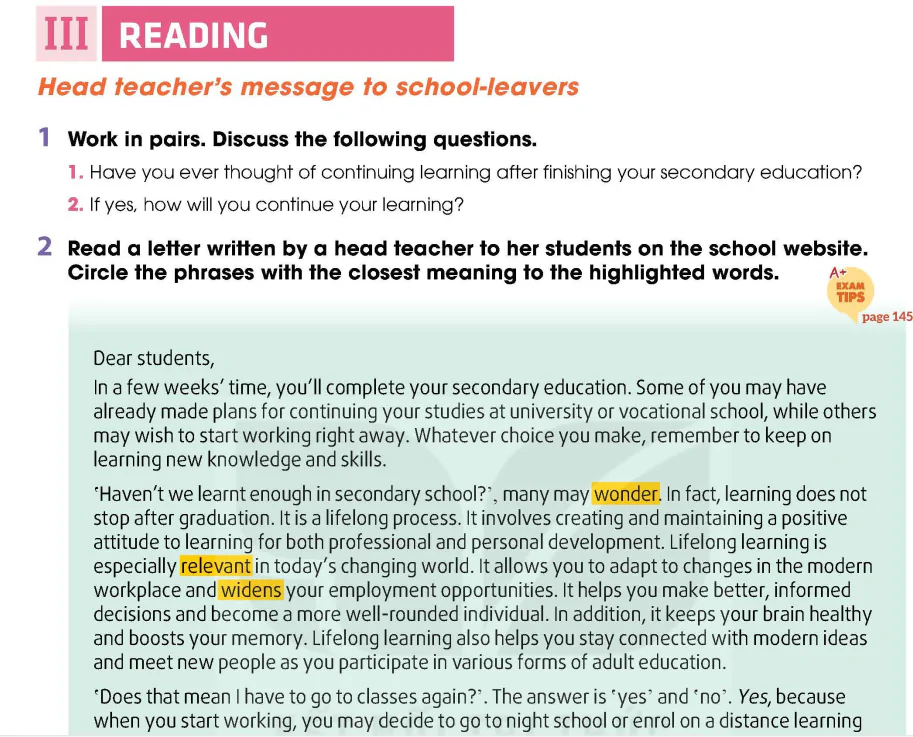
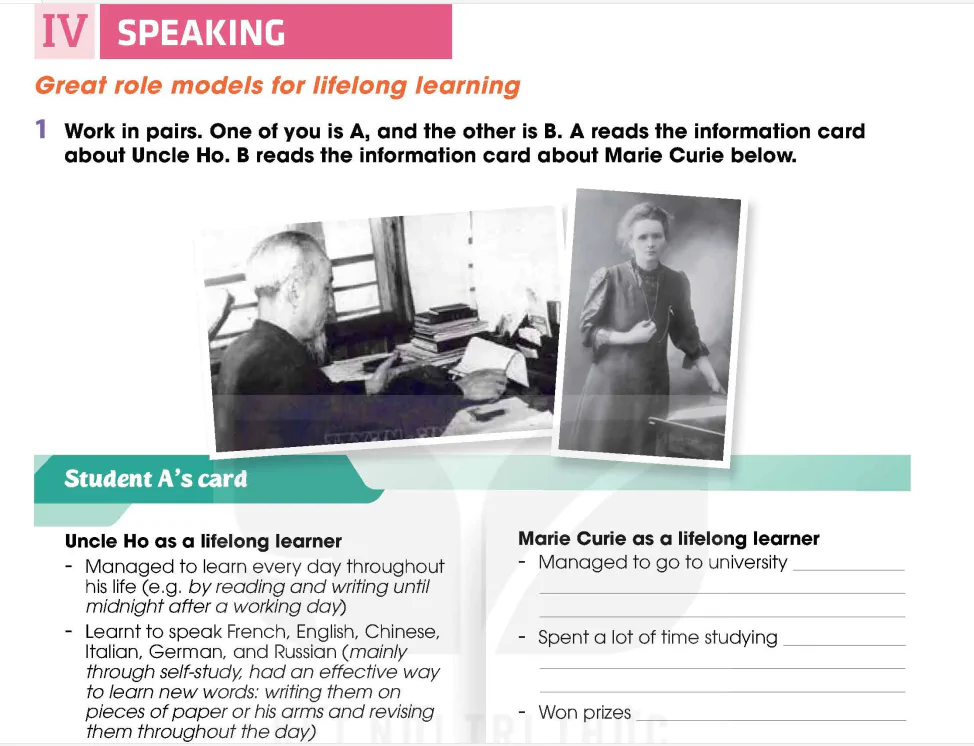
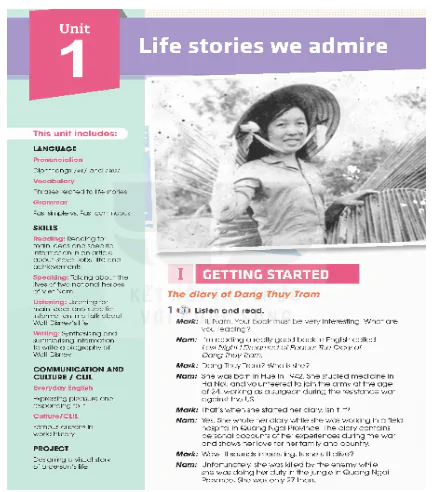

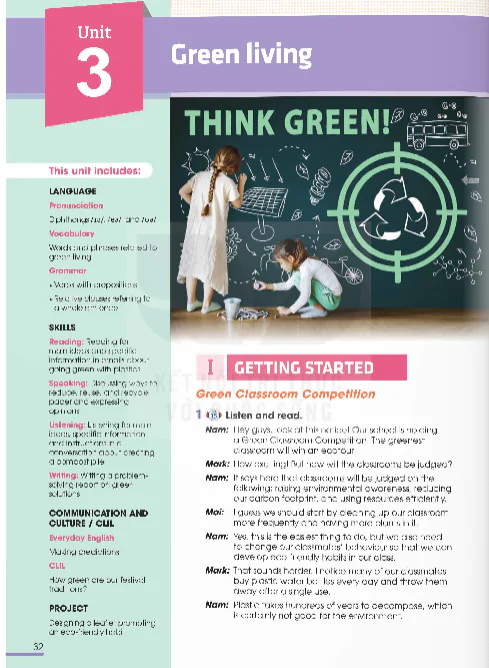
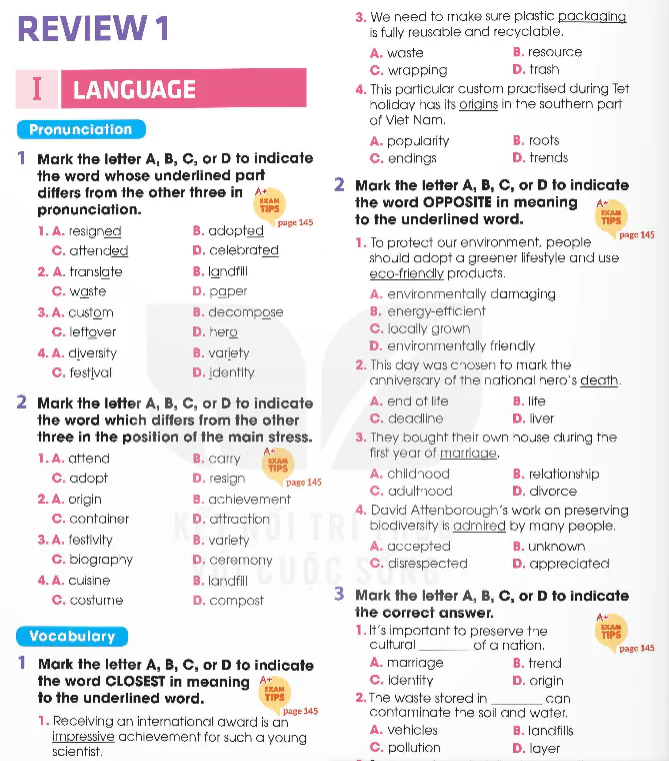
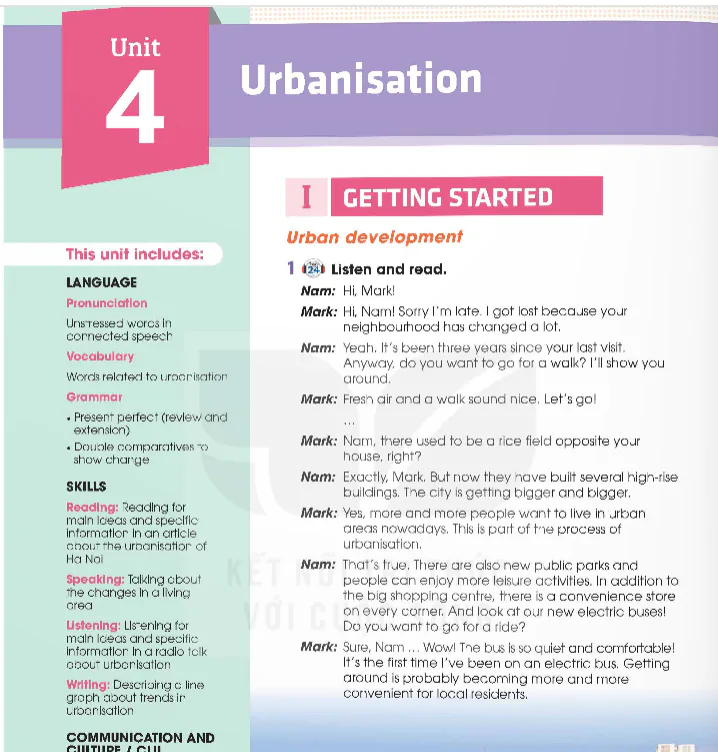
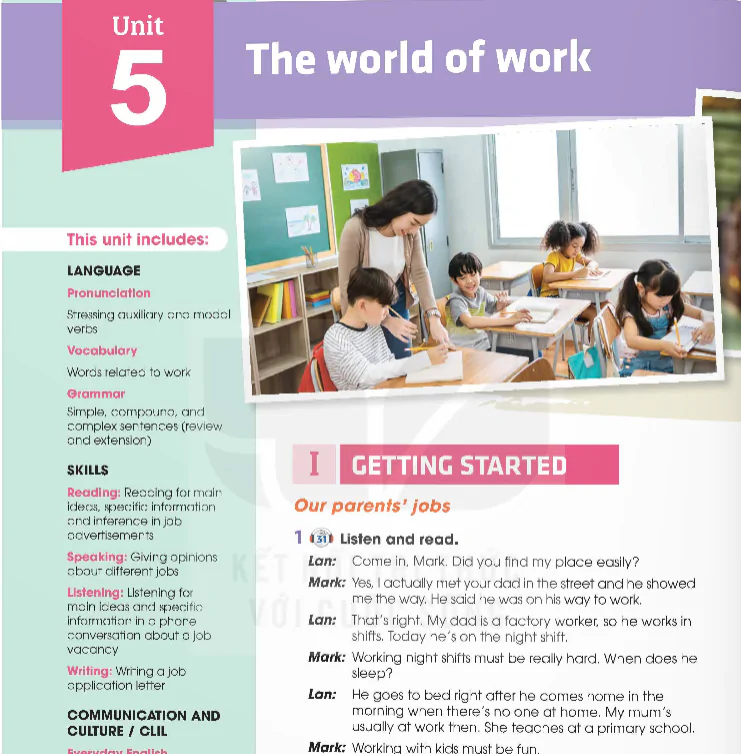
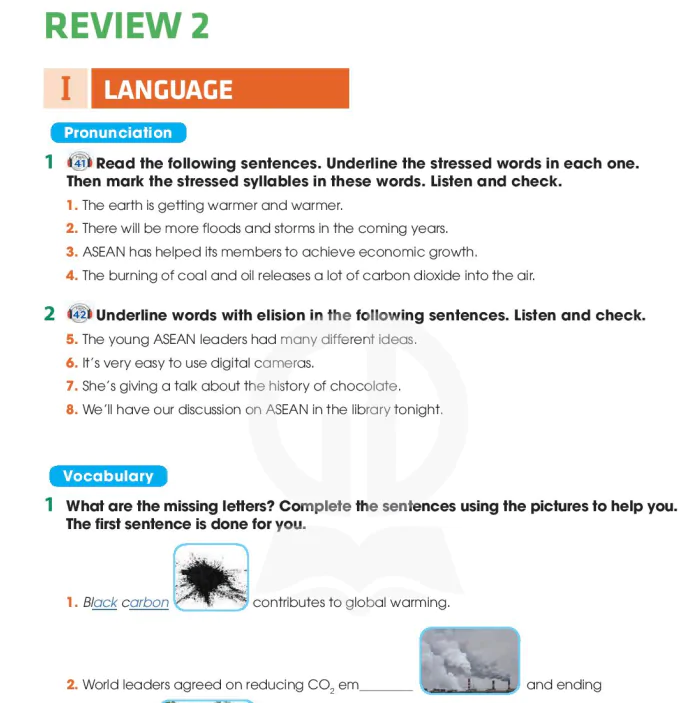

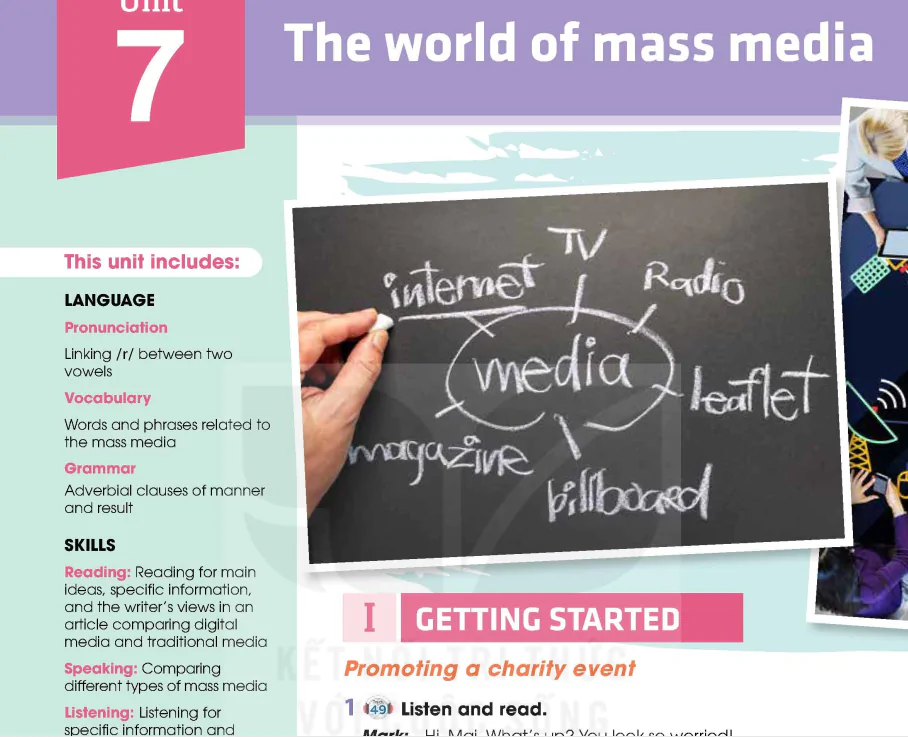
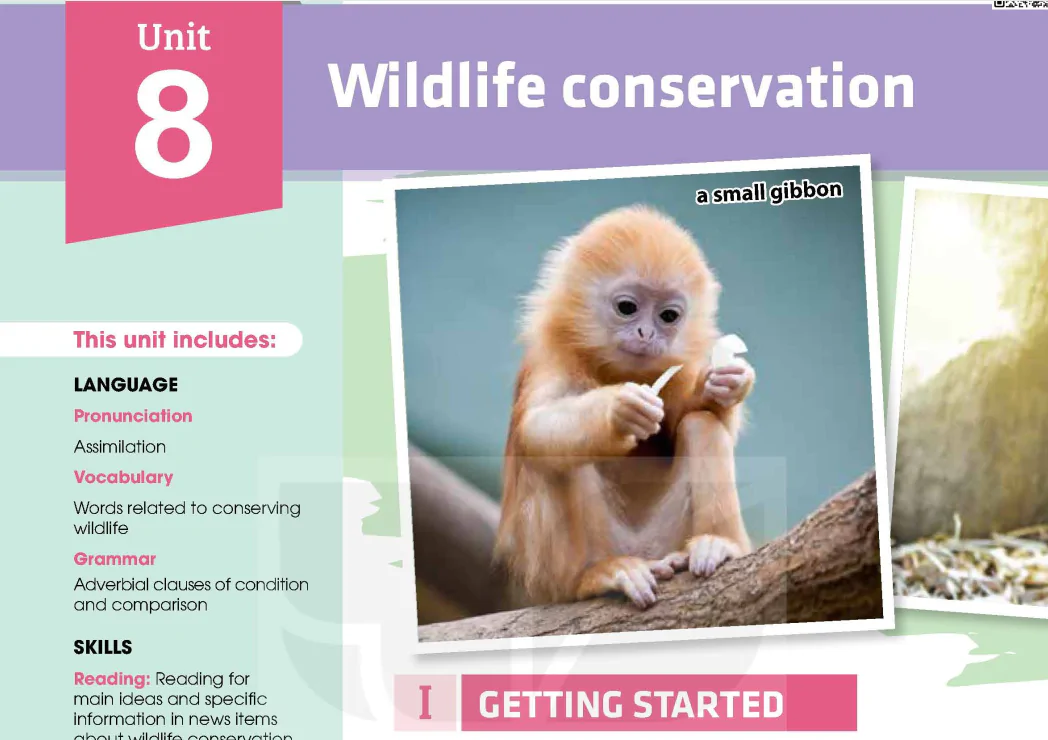
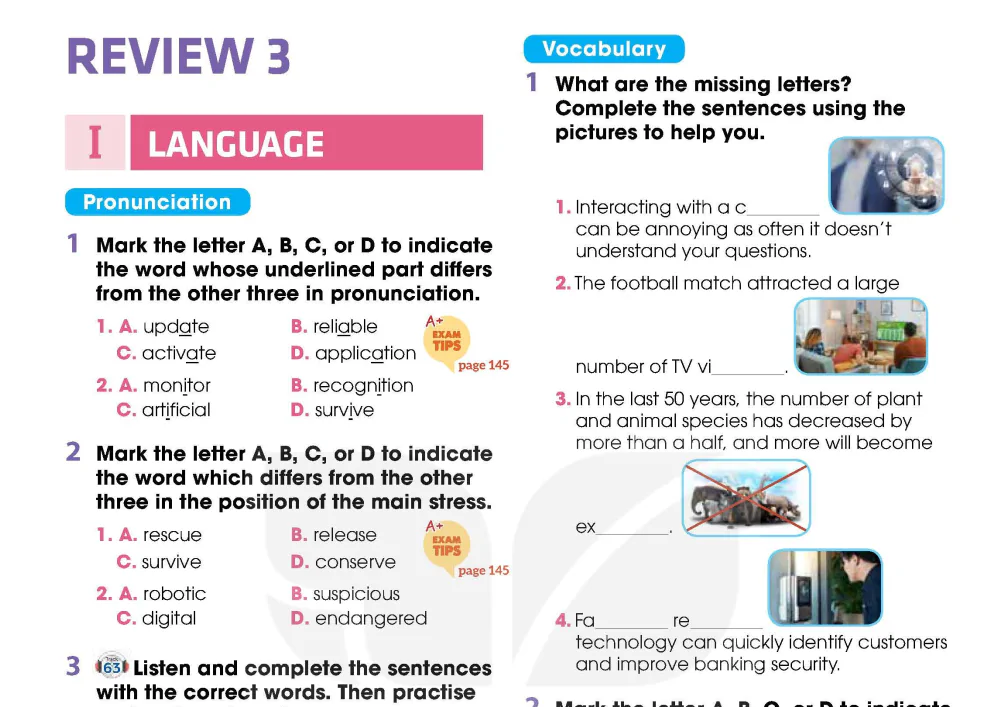
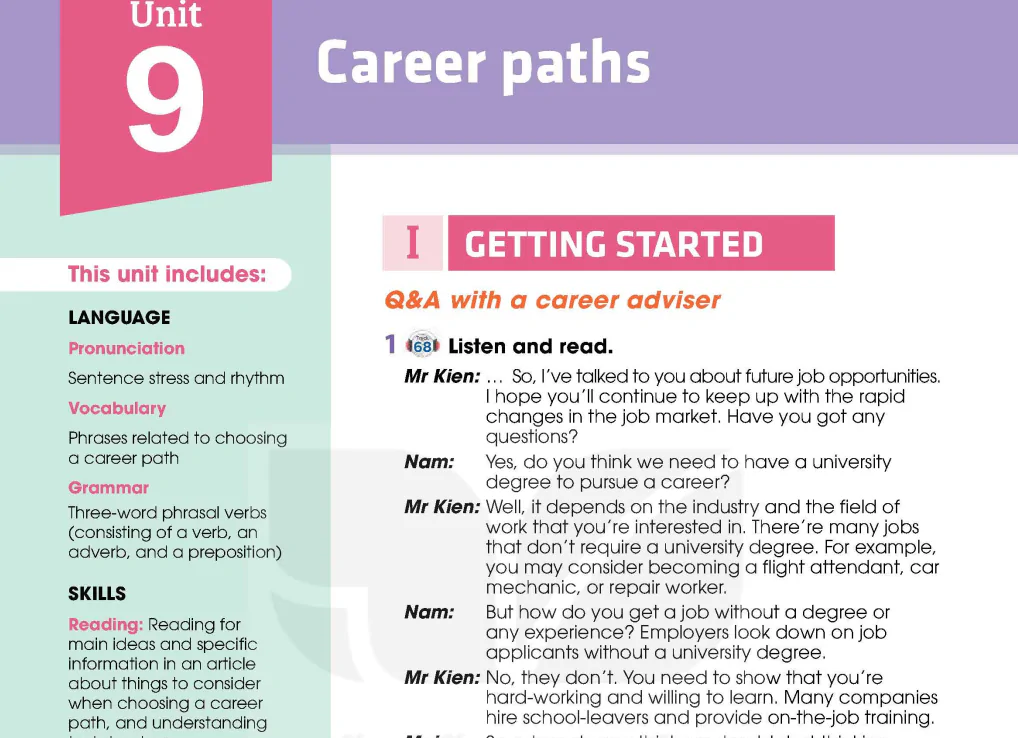
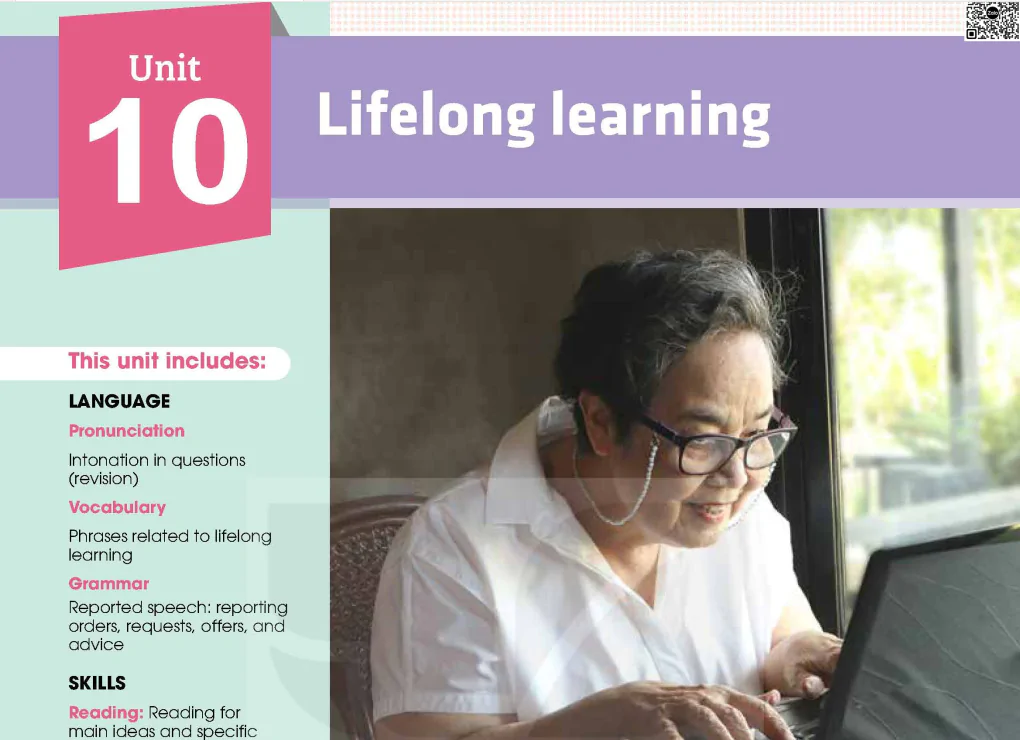
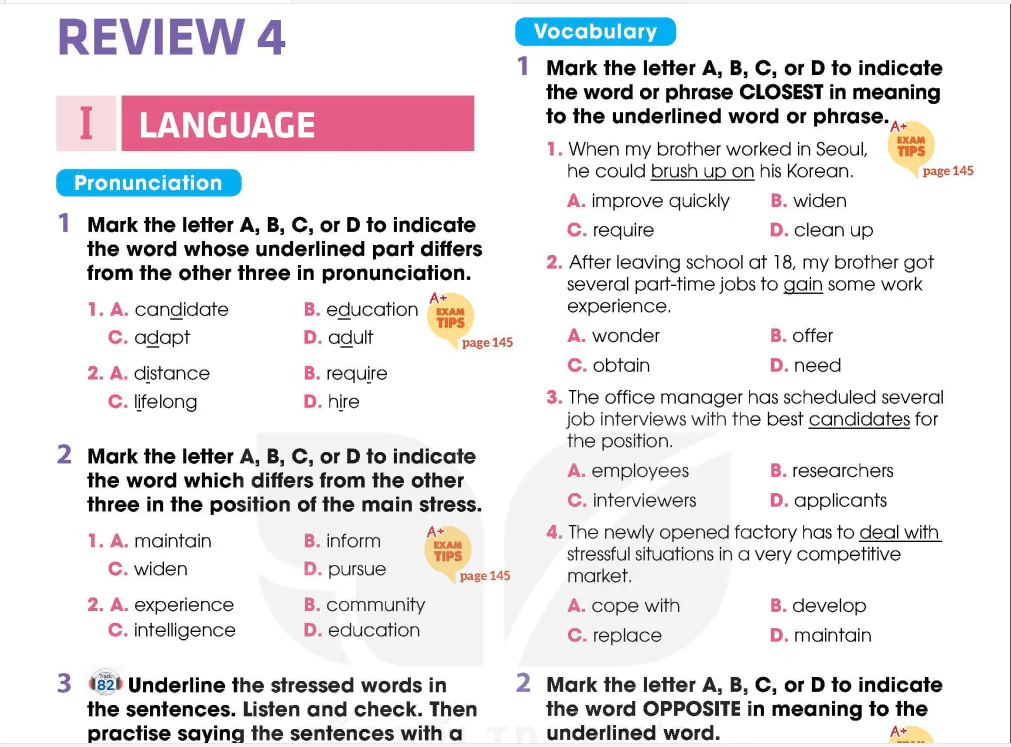
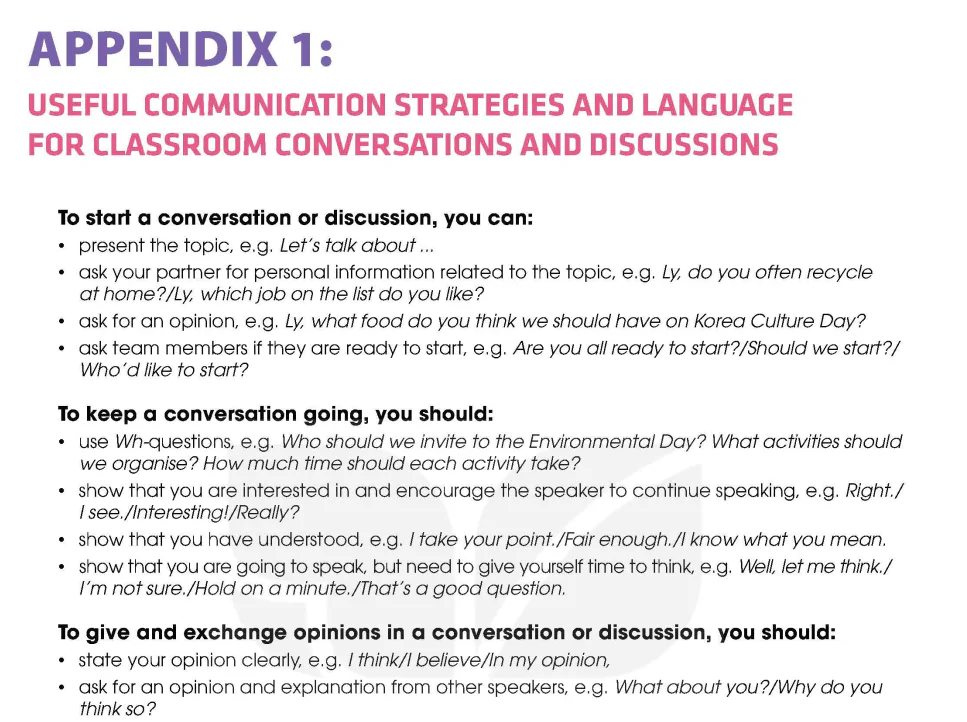
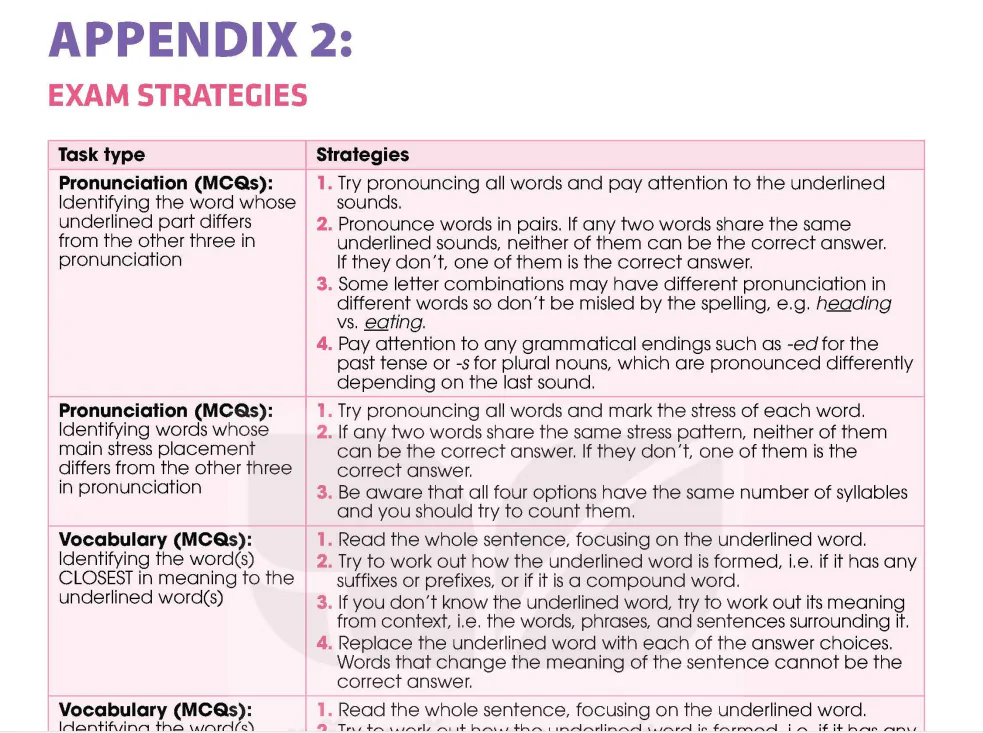
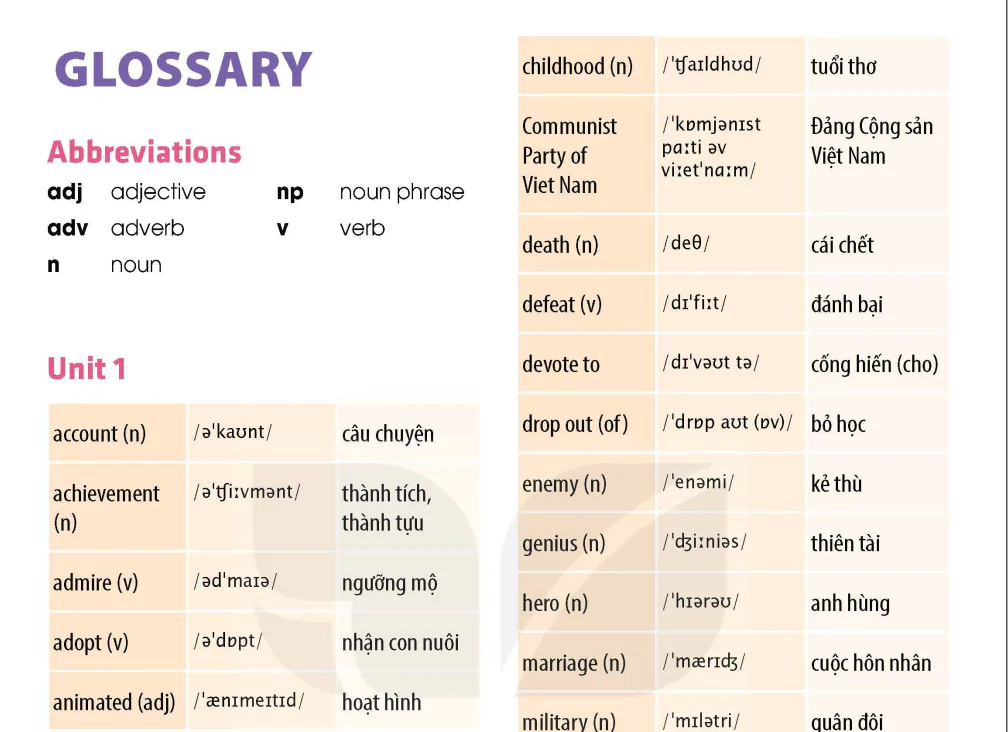


















Bình Luận
Để Lại Bình Luận Của Bạn